Elderberry is an ancient remedy that’s known for its antiviral properties and its ability to offer immune support to your body.
But is there any truth to these claims? We cover the pros and cons of this well-known herb and easy ways to include it in your daily diet. There are few herbs for immune support that have garnered as much attention or are as widely used as elderberry.
Elderberry refers to Sambucus nigra, also known as European elderberry or black elder, a beautiful tree native to Europe. Thankfully, this valuable tree thrives in climates all over the world.
Add power-packed superfood veggies to every meal with these easy cauliflower recipes.
Click here to get your FREE copy of our Cauliflower Recipe Guide!
This deeply hued little berry has been used medicinally since the time of the ancient Egyptians. Today, its powerful healing reputation is renowned the world over. Elderberry’s most common use is as an antiviral home remedy for cold and flu symptoms, and as a general immune-boosting tonic.
The tart berries grow in large bunches and must be cooked before they are safe to consume (the raw berries, leaves, and bark are poisonous). Elderberry makes delicious syrup, juice, tea, jams, and even elderberry wine.
Elderberry has been cast as both panacea and placebo. So, should you take it? Let’s look at the evidenced-based pros and cons.
What are the Benefits of Elderberry?

High in Antioxidants
Elderberries are packed with nutrients. As their deep pigment indicates, elderberries are extremely high in antioxidants, which can offer protection from oxidative stress and free radical damage. They are particularly high in the flavonols quercetin, kaempferol, and isorhamnetin.
Quercetin can help reduce inflammation and allergy symptoms, fight cancer, protect against degenerative brain disorders, and reduce high blood pressure (hypertension), among other impressive benefits.
Kaempferol has antimicrobial, anticancer, anti-inflammatory, and neuroprotective properties. It helps prevent cell adhesion and maintain barrier integrity, both of which are crucial for resistance to infection. (1)
Improves Cold and Flu Symptoms
Elderberry has a lot of evidence for reducing symptoms of upper respiratory tract infections like influenza.
One study found elderberry syrup helped flu sufferers start recovering in two to four days. Without elderberry, recovery took seven to eight days. Another study found significant symptom improvement in just 24 hours! Some reputable sources even consider elderberry on par with Tamiflu for resolving cold and flu symptoms. For those who take elderberry for their colds, research indicates they may recover much faster and can experience milder symptoms. (2, 3, 4, 5)
Supports the Immune System
It should come as no surprise that elderberry provides immune support. Research has found that elderberry supports immune function by increasing white blood cell count. It can help fight harmful bacteria and interferes with viral replication and has also been found to be effective against respiratory issues like sinusitis and bronchitis. In addition to these antiviral effects, elderberry can help fight cancer by reducing the initiation and promotion of cancerous cell growth. (6, 7, 8)
Safety
Elderberry has been safely used for thousands of years for its medicinal benefits. The FDA has also designated it generally regarded as safe (GRAS).
When properly prepared, elderberry has a fantastic safety record. While it is safe and gentle enough to be taken daily, the evidence to support daily elderberry supplementation is limited. The strongest evidence supports taking elderberry at the first sign of illness.
What Are the Dangers of Elderberry?
Elderberries must be cooked in order to be consumed safely. The berries contain cyanogenic glycosides which form hydrogen cyanide in the gut. Without cooking, elderberry can cause gastric distress and, in extreme cases, possibly cyanide poisoning. The heat of cooking causes these compounds to evaporate, making elderberries safe to consume. (9)
In some people with hyperactive immune systems, elderberry may exacerbate symptoms. Its ability to support and stimulate the immune system can be problematic for an already-overactive immune system. If you have an autoimmune disorder or an inflammatory disease, we recommend that you consult your health care provider before using it and use elderberry with caution until you know how you react to it.
If you have an autoimmune condition, you might find this article useful: The Top 5 Supplements for Autoimmune Disease and What to Avoid.
How To Use Elderberry
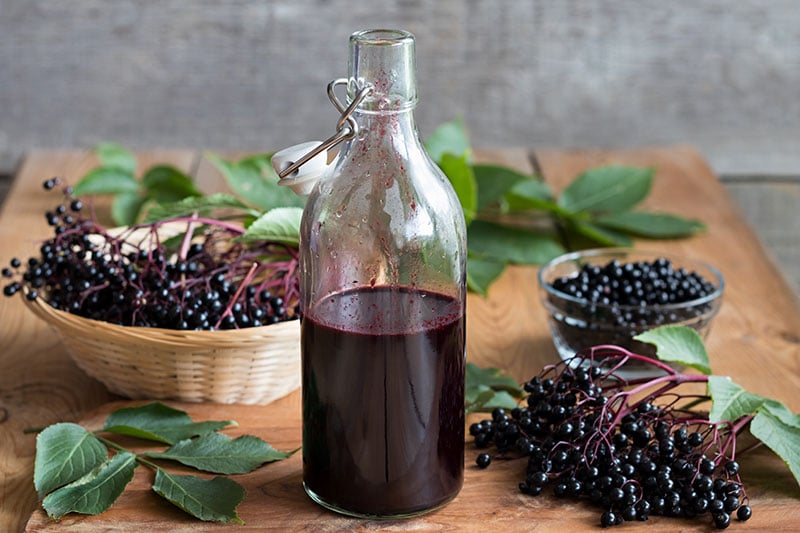
Elderberry is surprisingly versatile. There are many tasty ways to include these berries in your daily routine. Consider some of these ways to get a little more elderberry in your life:
- Tea: Elderberries make a wonderful, soothing tea and it’s very easy to make. The most basic rendition is simply water, dried berries, and a little bit of raw honey (optional). For something a little more warming, we love this recipe!
- Jam: As with any berry, elderberry makes a delicious jam or jelly. The best part is that this one is really good for you. We recommend this recipe – bonus, it’s sugar-free and has chia seeds.
- Syrup: This is probably the most popular way to take elderberry. It also happens to be one of the most expensive if you buy commercial syrup. Making your own is easy and very cost-effective. Give it a try with this simple and effective recipe.
When warding off sickness, elderberry should be taken at the very first sign of illness. It can be taken multiple times per day for a short duration until symptoms begin to improve.
Bottom Line
Elderberry is an effective natural remedy with strong antiviral activity, especially for shortening the duration of colds and flu. It is safe and gentle, making it an excellent choice for immune support, and is easy to prepare at home in a variety of tasty ways.
Read This Next: Astragalus, The Ancient Healing Herb Modern Science Caught Up To



 Quercetin: 4 Proven Benefits of This Powerful Antioxidant
Quercetin: 4 Proven Benefits of This Powerful Antioxidant
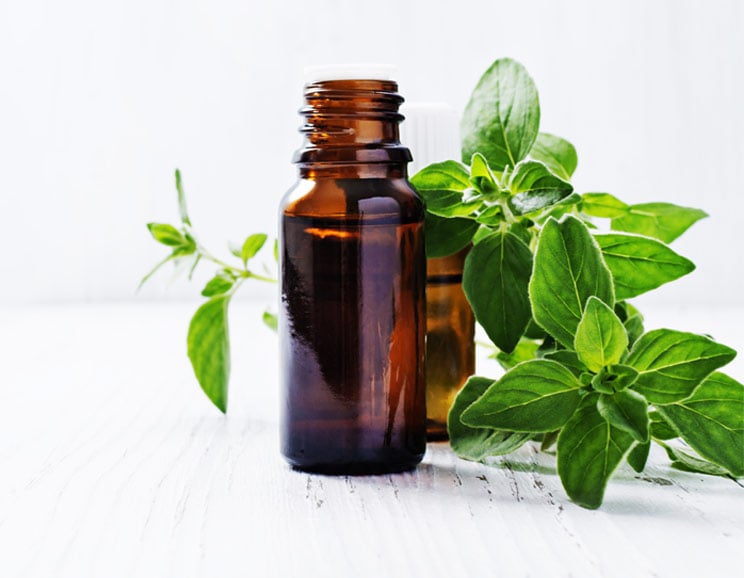
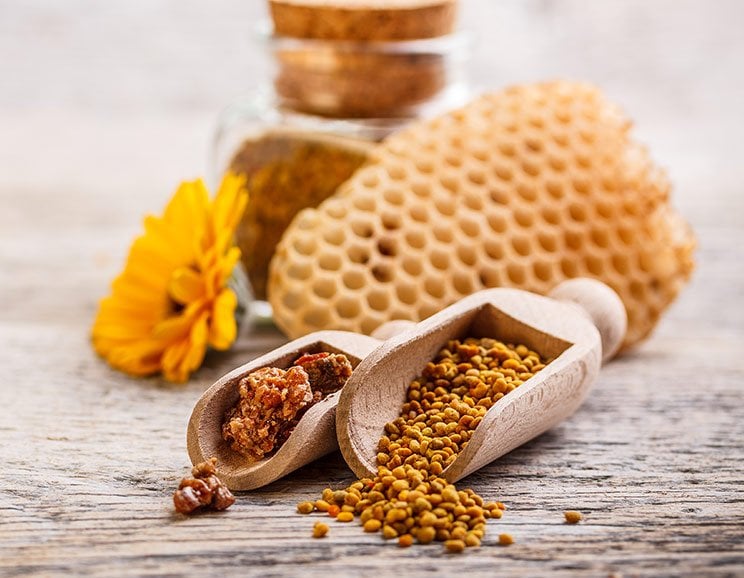



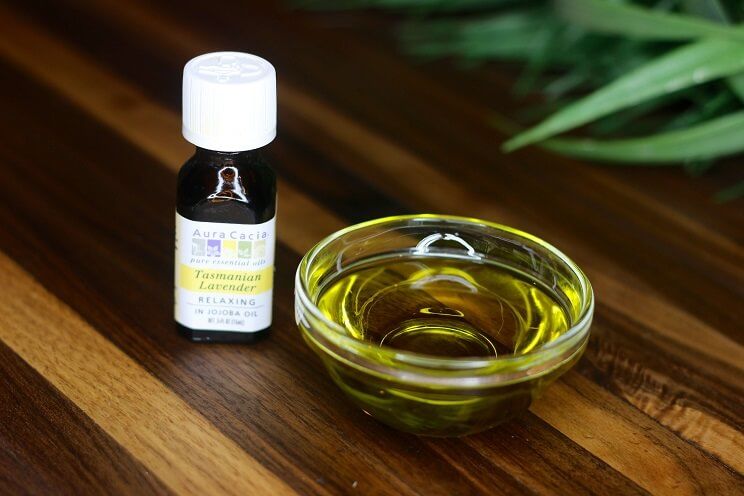
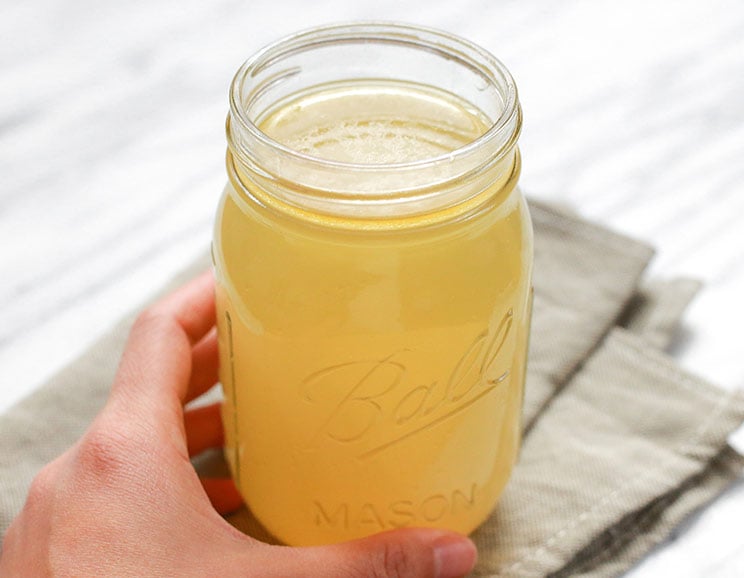
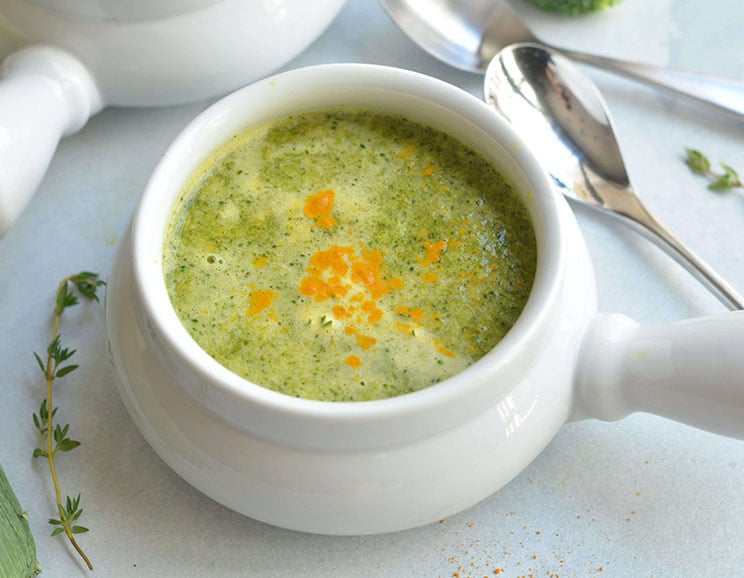
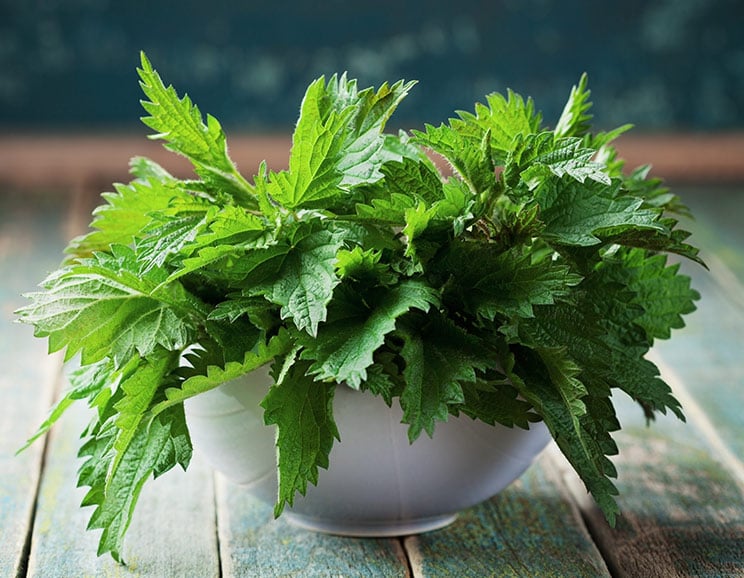
Show Comments